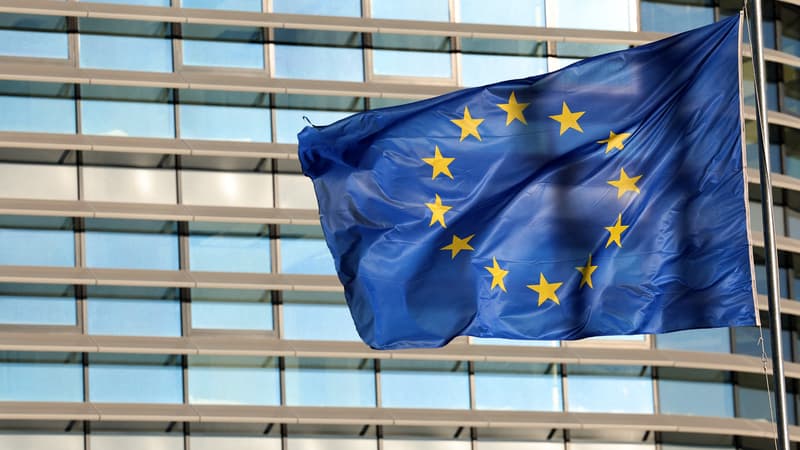Conservative MEPs from the EPP, the largest group in the European Parliament, called on Wednesday for a relaxation of the ban on new cars equipped with internal combustion engines in the EU from 2035, citing difficulties in the automotive sector.
The right had promised before the European elections in June that it would ask for a review of this central measure of the Twenty-Seven climate plan. The EPP is dominated by the German CDU, which is currently campaigning ahead of the legislative elections scheduled in Germany on February 23.
Defending the auto industry appears to be a growing issue, as the sector has announced thousands of job cuts in recent months. The social plans affect emblematic manufacturers such as Volkswagen or Ford, but also suppliers such as Bosch, Valeo, Schaeffler or Michelin.
The EPP defends “a realistic approach” to the green transition, said German MEP Jens Gieseke, presenting in Brussels his group’s strategy “to save the European car industry” and its approximately 14 million jobs.
The trail of synthetic fuels
The plan, approved on Wednesday by the group’s elected representatives, calls for “returning to technological neutrality”, that is, leaving room, even after 2035, for certain thermal engines that make it possible to achieve the objective of reducing CO2 emissions the vehicles. .
One of the proposed routes is synthetic fuels, a controversial technology still in development, which would consist of producing fuel from CO2 from industrial activities.
The EPP also asks the European Commission to “avoid imposing fines” on manufacturers in case of non-compliance with the CO2 emissions reduction targets in 2025, an insistent demand from the sector.
“Finding a solution for 2025 is very urgent,” claimed on Tuesday the head of Renault, Luca de Meo, who chairs the Association of European Automobile Manufacturers (ACEA), the sector’s lobby.
European manufacturers have invested heavily in the development of electric cars, but are struggling to sell their production. The prices of these vehicles remain prohibitive for many motorists, and their American (Tesla) and Chinese rivals, ahead of this niche, are taking away market share.
The president of the European Commission, Ursula von der Leyen, promised at the end of November a “strategic dialogue” on the future of the automobile industry.
This year it has already applied an additional tax, of up to 35%, on cars manufactured in China, after an investigation that showed that these vehicles benefited from public subsidies, creating unfair competition.
Source: BFM TV


